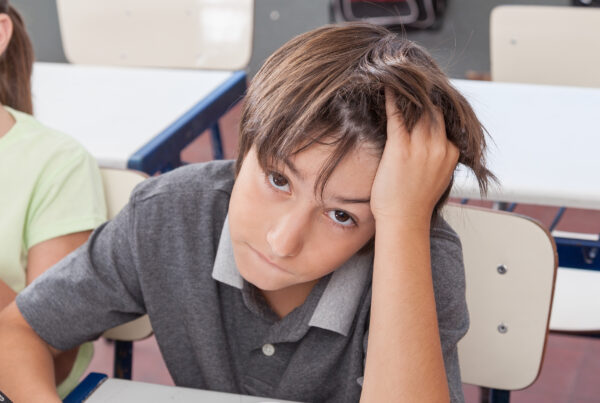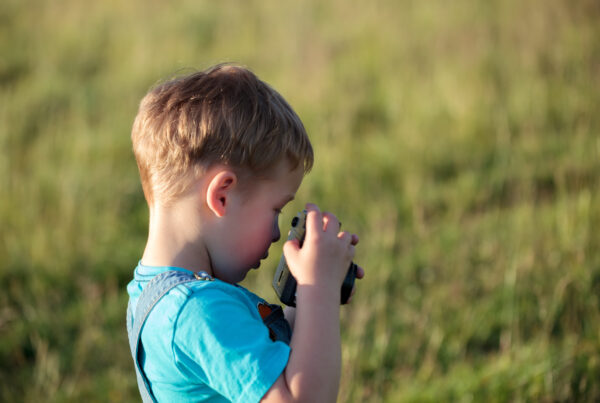Karyn Purvis described self-regulation as “the body’s ability to calm itself, by itself”. The discussion in this episode centers around three stages of regulation; outside-regulation, co-regulation and self-regulation. Each of these three stages stair-step upon one another such that until one has experienced competent outside-regulation, co and self-regulation are unattainable.
Frequently, our road block, as parents, is our predetermined expectations based on a child’s chronological age. We all have expectations for a child’s behavior based on their chronological age. But if the child did not have proper stair-steps from outside-regulation to co-regulation to self-regulation, they are not able to perform to your expectations. It is not that they won’t. It is that they can’t. They may need you to regulate for them or regulate with them to get them to the point they need to be.
If we ourselves, as parents cannot self-regulate, we are heading for chaos in our homes. When your child is struggling, don’t join them in the chaos, invite them to your calm. Regulation is contagious; both the good and the bad. If I’m self-regulated I can be present to help my child get to a state of self-regulation. If I am dysregulated, I’m going to share that with my child and heighten their own state of dysregulation.
What if I’m a parent that doesn’t do a great job with self-regulation? Daniel J. Siegel is doing great work with mindfulness. Being mindful simply means paying attention.
Be purposeful in your decision to improve your capacity to self-regulate. Take a self-inventory and determine what tools you have, what has and has not worked and then seek out additional tools. Be mindful of your breathing, listen to music, meditate, talk yourself through the situation and “off the ledge”. If you have a parenting partner (a spouse for example) create a safe-word during a period of calm that you or they can use to indicate your need to self-regulate during a period of crisis.
Take time to surround yourself with a community of support. People you can trust and invite to speak truth into your life. It isn’t always easy to hear someone suggest items you might need to work on, but if you are failing yourself in this, it is better to have someone else do it for you then to go on failing.
This isn’t just about the kids. It is about us, as parents. Give yourself permission to learn how to self-regulate and make a commitment to try. When you fail don’t give up. Self-regulation is a practice that you will continuously work to improve throughout your life.
Progression through the stages of regulation to self-regulation is the evidence that “it” is working. That you are connecting in a meaningful way with your children in relationship and that they are healing. It means you/they can operate in an environment without assistance, which is one of the primary goals we all have as parents, for our children.
When you look at mis-behavior as dysregulation instead of maladaptation and you provide outside-regulation or co-regulation for your child you can help them gain the ability to self-regulate and empower them to have the critical brain-body integration required for healthy independence.
“Just breathe.” – Lori Fangue
Resources:
Ryan’s Spotify 80 Beats Per Minute (BPM) Playlist: https://open.spotify.com/user/ryanandkayla/playlist/3OCYL3HxqkrsQtI2rdeRfa?si=tllT0-6zRl6xyfBX63CN0Q
Born for Love: Why Empathy Is Essential-and Endangered
by Amazon.com
Learn more: https://amzn.to/2IRCggC
Books by Daniel J. Siegel: https://smile.amazon.com/Daniel-J-Siegel/e/B00459LSPI?ref=sr_ntt_srch_lnk_1&qid=1554436722&sr=8-1




